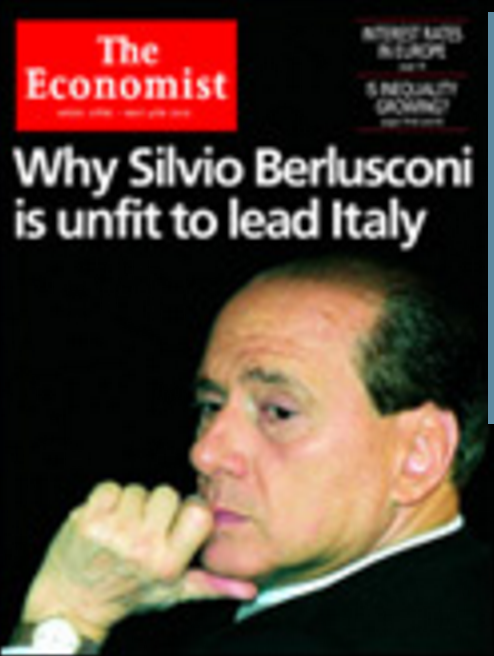In two recent Econlog posts (here and here), I pointed out that a wise man or women should always have two levels of belief. One is their own view of things, independently derived from their own research. This is the view from within your skin. The second level of belief is the awareness of the wisdom of crowds. The awareness that an index fund is likely to do better than a fund that you personally manage. An awareness that the consensus view of the true model of the macroeconomy is likely to be better than your own model of the economy. This is the view from 20,000 miles out in space, where it’s clear that you are nothing special.
In the comment section, Philo suggested:
In most things, you’re admirably sensible (insightful, etc.). In philosophy . . . well, better stick to your day job!”
He likes my market monetarist view of things, but not my philosophical musings. But you can’t have it both ways. If my philosophy is wrong then my market monetarism is equally wrong. Either the wisdom of the crowds is true, or it isn’t.
(As an aside I’m aware that the wisdom of the crowds might be slightly better if the views are weighted by expertise, but that has no bearing on my claim. Even if you think I have a bit more expertise that the average economist, the entire weighted sum of non-Scott Sumner economists is, objectively speaking, far more qualified than I am.)
In this blog I am normally giving you my views on the optimal economic model from the “within the skin” perspective, because otherwise I am of no use to society. I’d be just a textbook. In contrast, I give you my views on where markets are heading from the 20,000 miles up perspective, because that’s the most useful view for me to communicate the intuition behind market monetarism. You don’t care where I personally think the DOW is going, and you should not care.
It is the job of the economics profession to weigh my arguments, and the arguments of those who disagree with me, and reach a consensus. That consensus is not always correct, but it’s the optimal forecast. Unfortunately, at the moment the optimal forecast is that I’m wrong about monetary offset, but I’ll keep arguing for monetary offset because that’s the view I arrived at independently, and I’m of no use to society unless I report that view, and explain why.
When I talk to philosophers about epistemology, they often mention concepts like “justified true belief” which seems question begging to me. I’m certainly no expert on the subject, but I can’t see how the EMH is not right at the center of the field of epistemology. If back in 1990, we wanted to know whether there were Higgs bosons or gravity waves, the optimal guess would not have been derived by asking a single physicist, but rather setting up a prediction market. Yes, traders know less about physics than the average MIT physicist, but traders know whom to ask.
Many worlds vs. Copenhagen interpretation? Perhaps it can’t be tested. But if it could, then set up a prediction market. Robin Hanson’s futarchy is a proposal to have public policy based on society’s best estimate of what is true—derived from prediction markets. He wants us to vote on values and bet on beliefs. Richard Rorty might go even further, and have us bet on values, where the outcome of the bet depends on a poll of values 50 years in the future. Rorty would say values are no more subjective than science.
I think the EMH is basically what Rorty meant when he said truth is what my peers let me get away with.
PS. My two types of beliefs do not have a rank order; they are incommensurable concepts. Both are essential, and one is not more or less important than the other. There’s no answer to “What do I really believe about monetary offset?” I believe different things, at different levels of belief.









